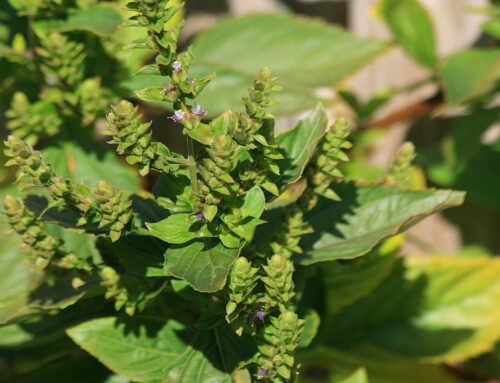A garden, as per Oxford dictionary, is a piece of ground used for growing flowers and vegetables, and gardening is the activity of growing flowers and vegetables on a piece of ground. However in broad term, a garden may be defined as a piece of land that is used for beautification and utility purposes. A garden may be beautified by landscaping and by planting flowering and foliage plants. It is made useful by planting vegetables, medicinal and culinary herbs, and fruit trees.
Gardening may be pursued either as a hobby or as a career. To the modern urban world, gardening is a hobby, a relaxing escape from the pressures of an urban environment. To a vocational gardener, gardening may be an enjoyable vocation. Whatever may be the reason behind the gardening activity, undoubtedly, growing flowers, fresh vegetables, herbs, and fruits, provides a great sense of joy, relaxation and accomplishment.
In horticulture, gardening is defined as the practice of growing and cultivating plants. In gardens, ornamental plants are often grown for their flowers, foliage, or overall appearance, while other useful plants such as root vegetables, leafy vegetables, fruit plants, and herbs are grown for consumption purposes. There are certain other plants that are grown for use as dyes, or for their medicinal or cosmetic properties.
Gardening may be specialized or generic. Specialized gardens focus on growing a specific category of plants. For example, flower gardens, vegetable gardens, fruit orchards, herbal gardens, rock gardens, and so on. Generic gardens make use of both utility and aesthetics as in case of landscape gardens, parks, etc. An overview of different types of gardening practices is given below.
Home Gardening or Residential Gardening: When gardening is pursued as a hobby in your residential premises, it is called residential gardening or home gardening.
Community Gardening: When gardening is practiced as a social activity in a garden site owned by a community or a trust or simply by a group of people, it is called community gardening. Some of the advantages of community gardening are neighbourhood improvement, sense of belonging to a community and atonement with the nature.
Vegetable Gardening: The best example for vegetable gardening is truck gardening where vegetables are grown for nearest markets.
Landscape Gardening: In landscape gardening, focus is given on the creation of a landscape.
Herbal Gardening: Herbal gardening focuses on growing herbs that are used for culinary, medicinal and aromatic purposes.
Non-Residential or Commercial Gardening: When gardening is practiced in public places it is called non-residential gardening. For example, public parks, public or semi-public gardens, botanical gardens or zoological gardens, amusement parks, gardens around transportation corridors, and gardens around hotels and hospitals.
Native Plant Gardening: When focus is given in growing native plants in a gardening system of an adopted area, it is called native plant gardening. Objective of this gardening practice is to create gardens that are in harmony with the adopted areas, while preserving the native plant population of that particular area. Native plant gardening reduces the use of resources such as water, manures and fertilizers, and crop protection chemicals.
Greenhouse Gardening: If gardening is practiced in greenhouses and glasshouses, it is called greenhouse gardening. Shade loving plants are generally grown in greenhouses.
We regularly publish informative videos on various “Food, Agriculture, Gardening and Horticulture” topics. You may view these videos here…
You may also check out our Digital Publishing Services for Food, Agriculture, Gardening and Horticulture Sector by visiting this link







Leave A Comment
You must be logged in to post a comment.